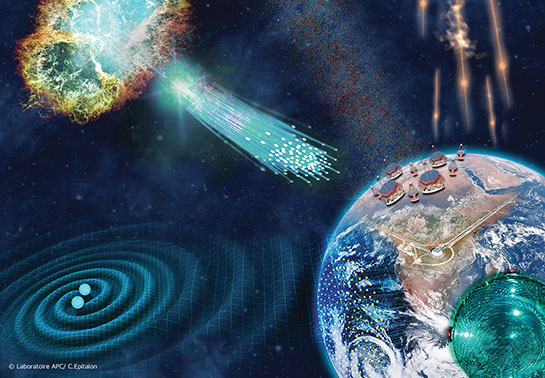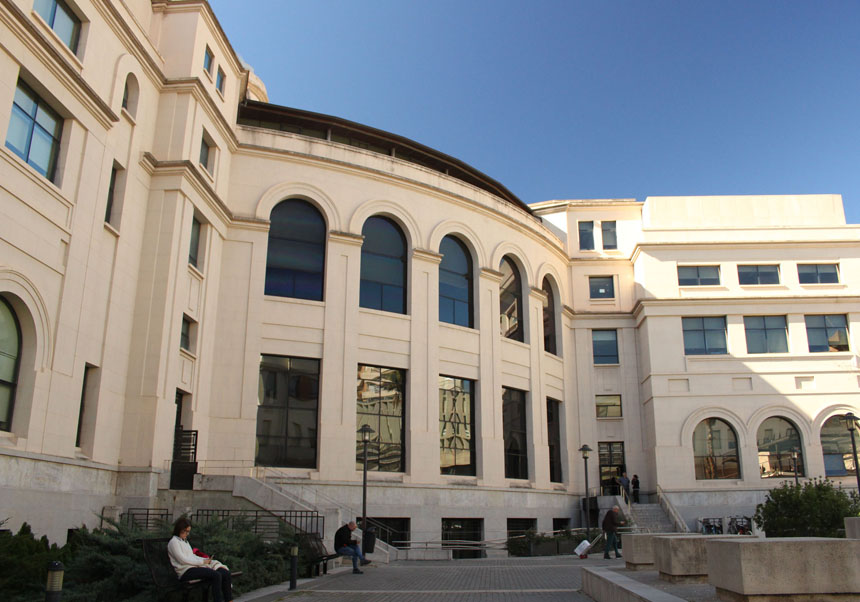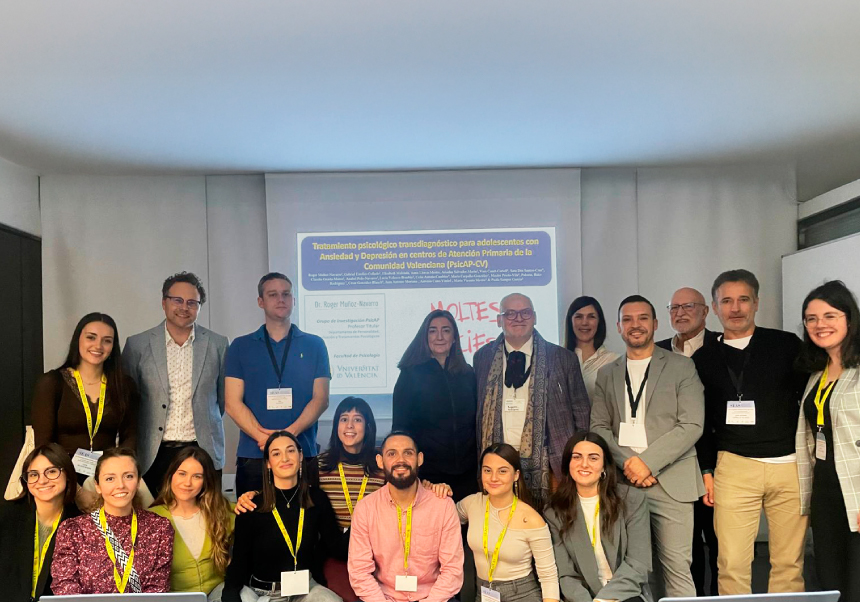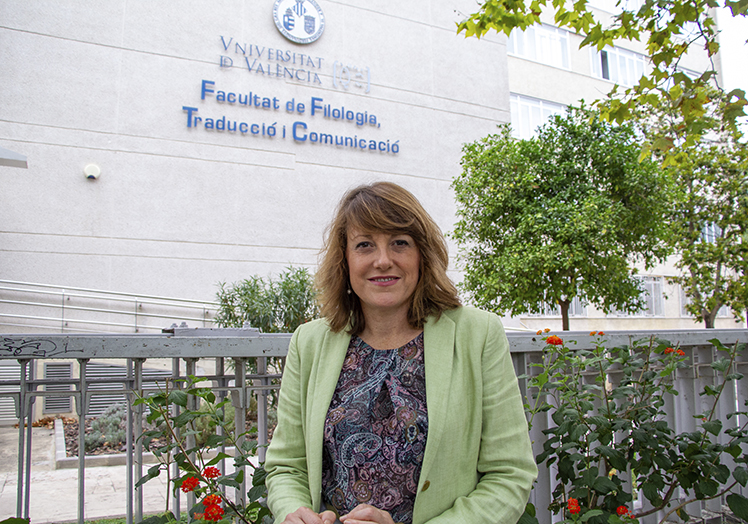València will hold one of the most important international scientific conferences to discover the secrets of cosmos
- Science Park
- September 19th, 2019

The Instituto de Física Corpuscular (IFIC) (Corpuscular Physic Institut) has been chosen to organise the next edition of TAUP (Topics in Astroparticle and Underground Physics), the congress that will meet in this city in 2021 worldwide experts in neutrino Physics, gravitational waves, dark matter and cosmology. The decision has been announced at the closing ceremony of TAUP 2019, which was celebrated on September in the Japanese city of Toyama.
València will hold for the first time the TAUP conference in 2021, one of the most important worldwide scientific meetings about Astroparticle Physics, field that deals with key points in the understanding of cosmos such as the nature of neutrino, the detection of dark matter or the origin and evolution of Universe. The decision has been announced on September at the closing ceremony of TAUP 2019, which was celebrated on September in the Japanese city of Toyama, and approved the proposed candidature of Instituto de Física Corpuscular (IFIC), joint centre of CSIC and Universitat de València, with researchers of other Spanish centres.
The Valencian candidacy is supported by research groups of CIEMAT and Instituto de Física Teórica (IFT, UAM-CSIC), and the universities of Alcalá de Henares, Granada, Islas Baleares, Santiago de Compostela and Zaragoza. The series of TAUP conferences were born for an initiative of a researcher group, mainly Spanish and Italian, among them the Professors José Bernabeu, member of IFIC and Ángel Morales, University of Zaragoza.
TAUP is one of the most worldwide prestigious conferences in some topics of current Physics, particularly those topics placed between particle Physics, cosmology and Astrophysics. For example the Neutrinos Physics, one of the most abundant fundamental particles of the Universe that barely interact with the rest and could have the answer of why we live in a world of matter and not of antimatter, the dark matter that forms a quarter of the Universe but remains a mystery for science; or the question of gravitational waves and cosmic rays of high energy about cosmos.
With the support of International Union of Pure and Applied Physics (IUPAP), this series of conferences is celebrated every two years since 1989, when the first edition was organised in the Laboratori Nazionali del Gran Sasso (underground research centre), in Italy. The name of the conference refers to Underground Physics, which is made in the laboratories set in below a huge mountain such as Canfranc Underground Laboratory, in Aragón Pyrenees. Since then, there has been 16 TAUP editions, las time in Spain was in Zaragoza in 2005.
The Toyama edition has counted with the participation of more than 500 scientists, among them the Professors Takaaki Kajita and Arthur McDonald, awarded with the Physics Nobel Prize in 2015. Among the presented results in TAUP 2019 stand out the KATRIN experiment, announced for the first time, that allows to set an upper limit to the neutrino mass of 1.1 eV (two millionths of electron mass) from laboratory measurements of tritium disintegration.
“For the IFIC is a great recognition this election, in which has been value the work of our research groups as well as our capacity for organising big international events. The celebration of TAUP 2021 in València will allow to the researchers of IFIC and, specially the younger researchers, to make contact with the worldwide foremost experts of a dynamic field such as Astroparticle Physics”, pointed out Sergio Pastor Carpi, researcher of IFIC that has presented in Japa the Valencian candidacy. The organisation of this prestigious conference in Spain recognises the impact of the Spanish groups dedicated to Astroparticle Physics, and particularly the path of the Valencian research centre in this field, which develops important projects as well as experimental as theoretical.
The IFIC participates in the making of the biggest neutrino telescope of the world in the Mediterranean, KM3NeT, and other experiments related to study this evasive particle like T2K (Japan), DUNE (USA) or NEXT (Canfranc Underground Laboratory). In close collaboration with experiments, several groups of IFIC research develop theories to explain the qualities of neutrinos, the origin of its mass and its use as “messenger” for studying the cosmos and even the inside of the Earth; how the matter that forms the Universe that we live was created; what is the nature of the dark matter and how could be detect, and what is the origin of cosmic rays most energetic known.
More information:
File in: Física , Astronomía y Astrofísica , Ciencias Tecnológicas
















